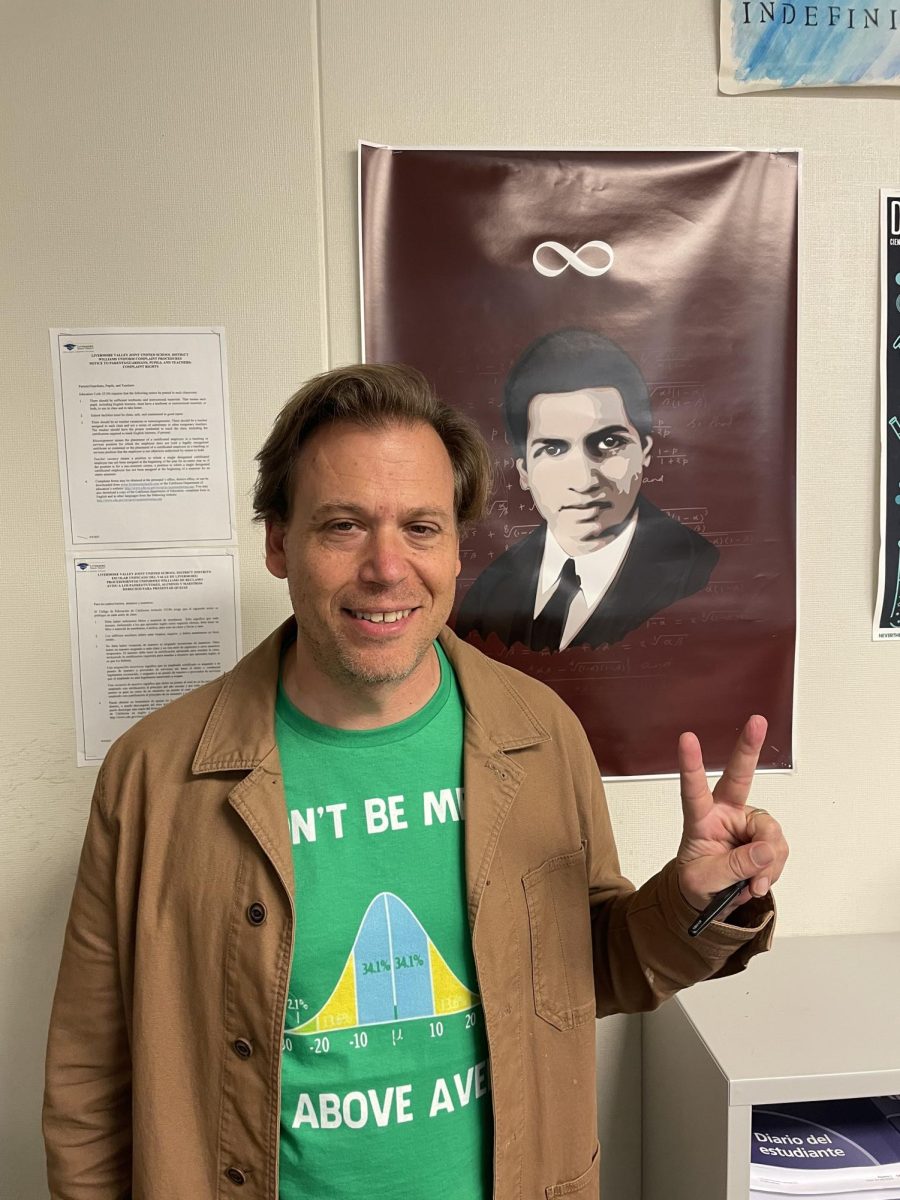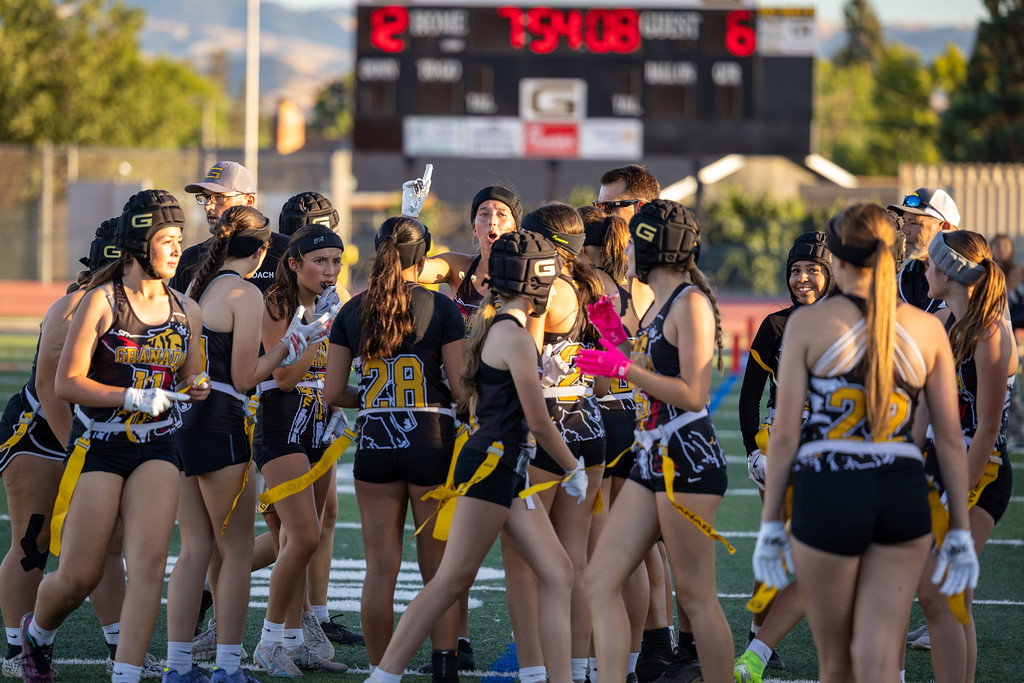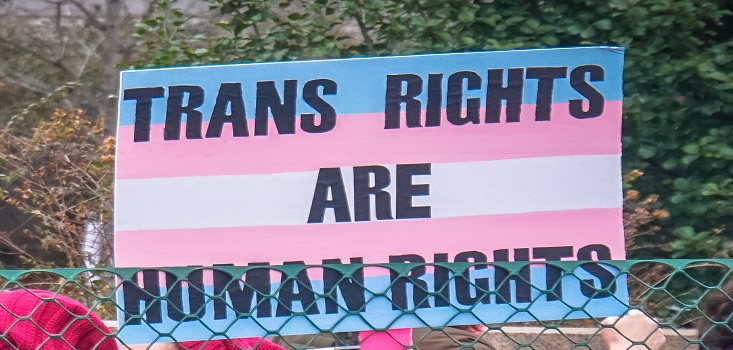As we live through the peak of social media, where everyone is on it and constantly consuming content, there are many repercussions on the undeveloped minds of the consumers; particularly young men.
Many young men are regularly asboring hateful content towards women, and in doing so, building an internal rage against women. Not only rage, but superiority. When seeing grown men in social media who they can idolise (those who paint a picture of wealth, power, and the bachelor lifestyle) talk down on women, it is easy to take their word as fact.
These men often spew misogyny, labeling women as incompetent and treating them as almost subhuman. It is extremely dangerous when it comes to their very young audiences, who are impressionable and unable to draw their own conclusions to the hateful content.
We see these kinds of creators often, guys like Andrew Tate, a wealthy man who went viral for his sexist takes. Many people recognized that he was just a misogynist (a label he wore with pride), but he also built a fanbase of young men who looked up to him and respected him. In 2021, he was charged with rape and human trafficking in Romania.
The most dangerous part of this sexist behavior we see passed down onto young men is that it is very difficult to correct if not done at a young age. The only people who really wield the power to correct it in young boys are the creators themselves, and more often than not, they don´t step up to the plate. Many young boys grow out of this thought process, but many don´t.
But why are boys so impressionable upon discovery of toxic masculinity and misogyny in media?
It starts very young; oftentimes, boys face a lack of consequences to serious red flags displayed during childhood. We hear the rhetoric of ¨boys will be boys¨ on repeat, and it is used to justify behavior that should not be normalized or tolerated. When a boy hits a girl or is mean to her, she is told it´s ´because he likes her´. It could be true, but why do we allow boys to express their feelings this way? Why is their first reaction to affection, violence?
The lack of consequences leads to a lack of self awareness; it can also make some men extremely sensitive to rejection. Many parents want to believe that their children can do no wrong, but it is very damaging to make the child believe that too; especially when it comes to a boys mother, who will majorly define his feelings and treatment of women his whole life. Time after time, women are assaulted and killed simply for saying no.
Furthermore, men can frequently enter a kind of competition internally. The need to be as masculine as possible, and show no affection out of fear of being perceived as ¨weak¨, especially by other men. This is a very toxic mindset, mostly to no fault of their own (as it is often instilled into them generationally). This mindset is mostly presented by older men, as masculinity has begun to become something entirely different than it was 20 years ago. Men now have more free reign with clothing, lifestyle, and emotional expression without fear of judgement.
When inquired about some of the worst things ever said to them by guys, the girls at Granada had varying, but all harrowing, responses.
One student, in response to a text, was told by a boy that he, ¨hoped she got r*ped.¨
Another said she was told over a game, ¨if you don´t shut up, I will r*pe you,¨ (Rhian Yee, 10).
It is very worrying to see men showing such aggression not just to girls they know, but total strangers online. They think they have the right to talk to girls this way just because it is a male-dominated space, and simply speaking is enough to warrant this reaction from them.
It isn´t just horrible threats, but also extreme objectification. Another student overhead a guy saying, ¨her body´s a 10 but her face ruins it.¨
Although it can be difficult, it is very important to report any kind of threats made against you by a guy, whether or not its proclaimed as a joke. This behavior needs to be corrected. It isn’t okay, it is not funny, and oftentimes it can manifest into physical violence.
According to the CDC, one in four women have experienced completed or attempted rape. Women ages 16-19 are four times more likely than general population to be victims of sexual assault, attempted rape, or rape.





























